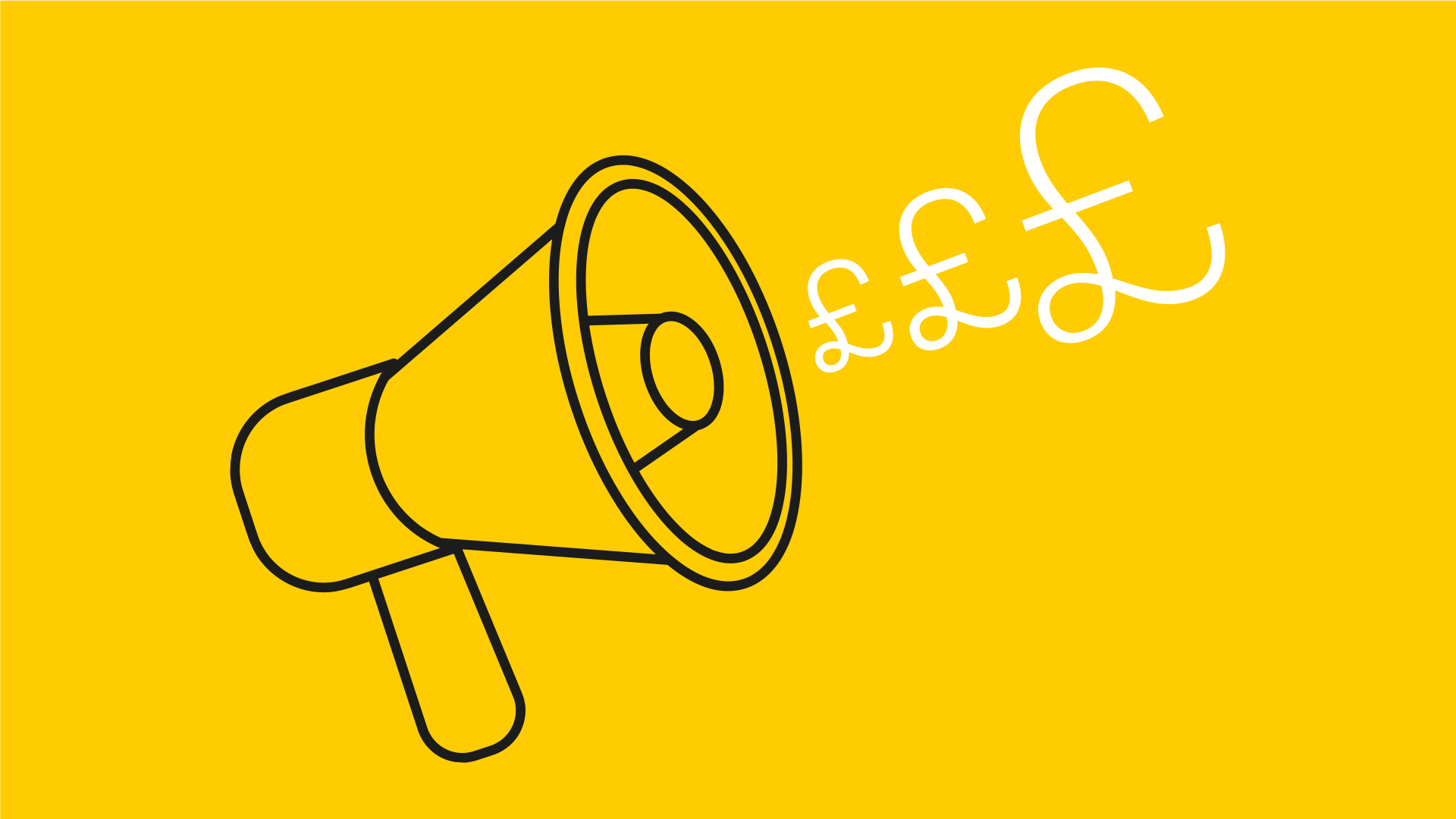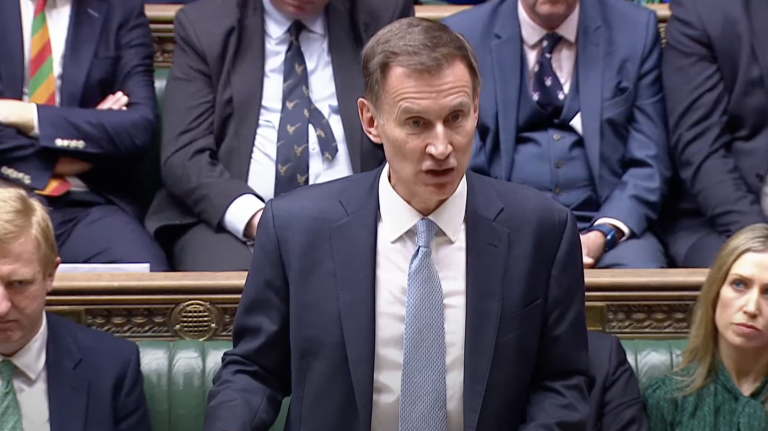The ‘loud’ part is important. Voicing personal spending boundaries, which differ from one person to the next, helps you spend more intentionally. For example, you may shut down plans for a fancy dinner to use that money on smaller fun things throughout the week like a nice coffee and sweet treat, removing the guilt from those costs older generations have consistently blamed for GenZ’s lack of funds.
“I used it the other day,” a friend told me. “Someone invited me out but it’s nearly payday and I’m in the red. I didn’t want to say I couldn’t afford it and I’d usually make up a lie to save face. Instead I said, ‘I can’t today, I’m loud budgeting’ and we planned something cheaper to do together so I wouldn’t miss out. I felt so much better after opening up.”
Not missing out is a vital part of loud budgeting. While the trend promotes living within your means, it also encourages people not to deny themselves. While we can’t all live a luxurious lifestyle, we can better allocate funds and spend, or not spend, more intentionally to bring affordable treats into the everyday guilt-free. While some may think GenZ’s £286 average yearly spend on coffees is what’s stopping them from buying homes, loud budgeting isn’t asking them to give it up if they don’t want to, but instead save that amount by cutting an equivalent, unnecessary cost that wouldn’t make them as happy as those coffees – like a couple of nights out for a friend of a friends birthday or a new plant you know will be dead in a week.
“In many ways, loud budgeting is common sense but in today’s world of immediate gratification and social pressure, it’s fair to say it’s a bit on the radical side,” admits Brett. “It takes strength and confidence to go against the crowd. That position of power over your money can change life as you know it forever.”
Brett isn’t exaggerating. Our approach to money has a huge impact on our lives and loud budgeting is a trend reacting to a huge problem. The Campaign Against Living Miserably’s 2024 Money Talks Report found that 8 in 10 people are worried about money, but a whopping 75% haven’t spoken to anyone about how they’re feeling. But that doesn’t mean they don’t want to. Society may have made talking about finances taboo, but those within society now realise just how detrimental keeping quiet about it is.
The same report found one in two people wish the stigma of talking about money didn’t exist and one in three think opening up about money would improve their mental health. Thankfully, three in four people also said they would listen if a friend opened up to them about money and two in three said they would even be glad if a friend confided in them over money struggles.
It shows a need for the openness loud budgeting is promoting, but experts believe it will take more for the younger generations to break the taboo set in place by those who’ve come before them. “There is a general openness in talking about finances among the younger generation,” says financial expert Dr Nisha Prakash of the University of East London.
“Unfortunately, most of these conversations are focused on savings, planning and meeting financial goals and people who are currently struggling still hesitate to voice their concerns. They might rely on social media platforms to understand what people do in similar situations but, with social pressure to spend, GenZ is still largely uncomfortable discussing financial struggles.”
This is why loud budgeting, with its ease of use and lack of awkwardness, is important, says Dr Prakash. As well as encouraging conversation, she sees loud budgeting and other financial online trends as vital in teaching younger generations about financial literacy and in giving them the tools to open up about struggles.
Joe, whose named has been changed to protect his privacy, is one of the nearly 80% of GenZers and millennials who say they rely on social media for financial advice. He says learnt everything he knows about finances from TikTok and relies on trends like loud budgeting to teach him what he says he never learnt at school.
“I wasn’t taught anything about managing money at school or home. It’s important life advice so I assumed everyone but me knew it. I searched it out online because I was too scared to ask friends, though I know now they didn’t have a clue either. I shared what I found with friends and we have a more open approach to speaking about money now TikTok has opened the discussion for us.”
This article is taken from The Big Issue magazine, which exists to give homeless, long-term unemployed and marginalised people the opportunity to earn an income. To support our work buy a copy!
If you cannot reach your local vendor, you can still click HERE to subscribe to The Big Issue today or give a gift subscription to a friend or family member. You can also purchase one-off issues from The Big Issue Shop or The Big Issue app, available now from the App Store or Google Play









